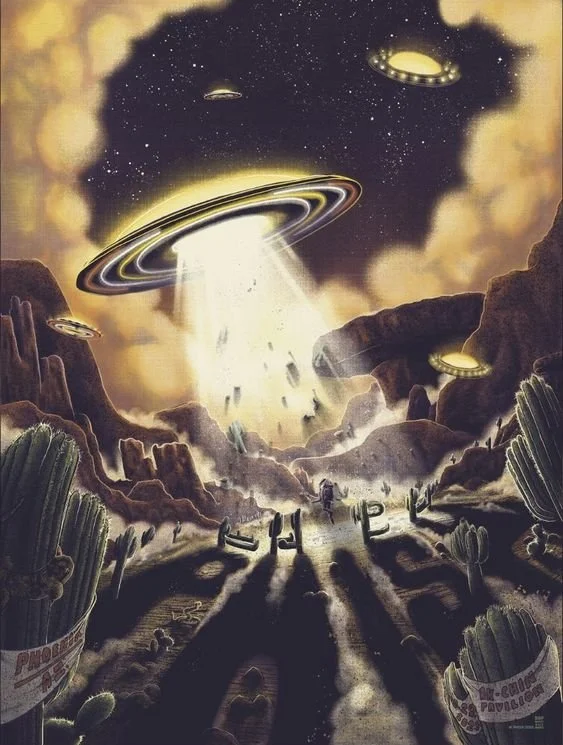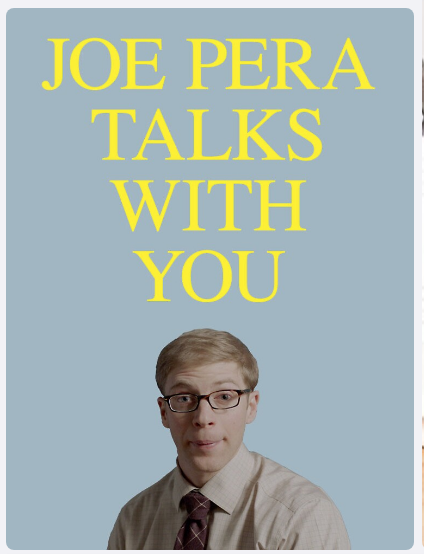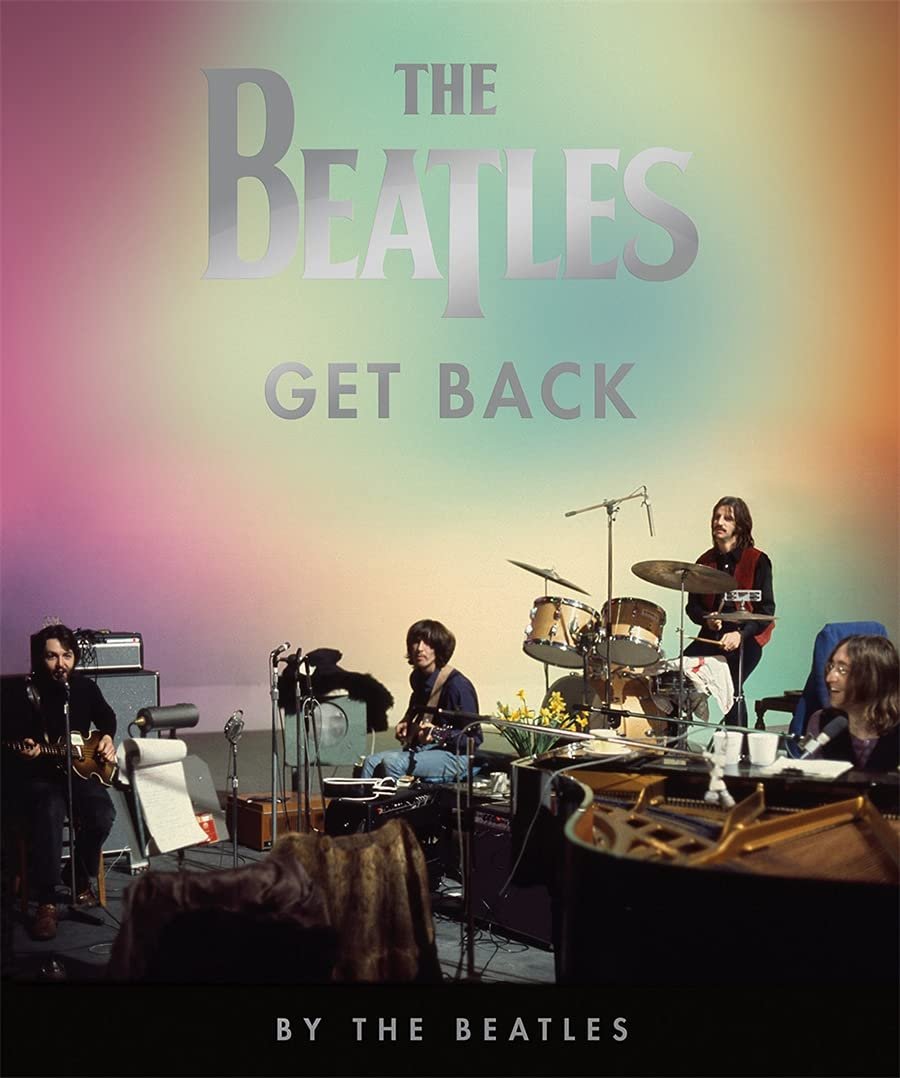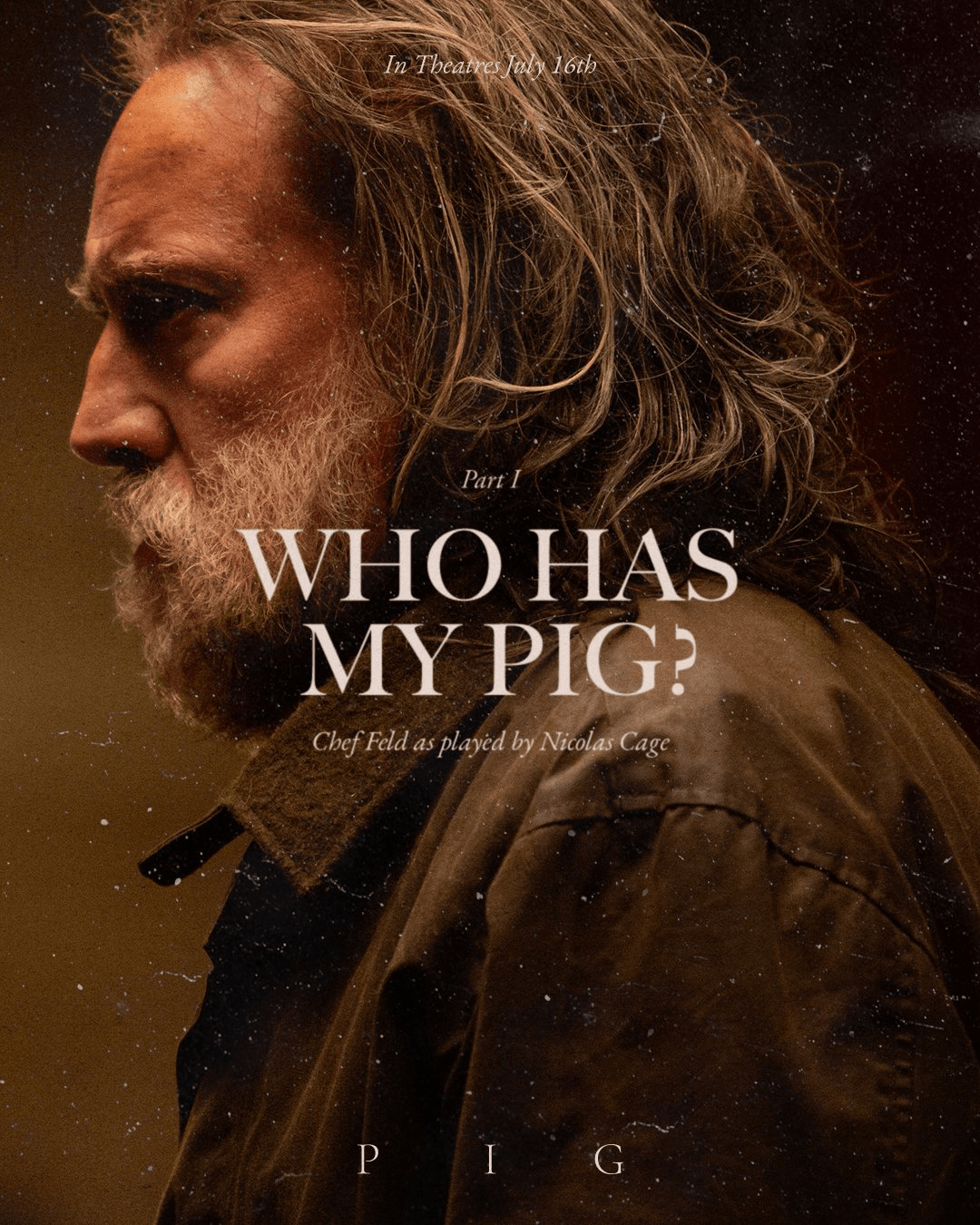Though I admittedly do not always succeed, one of my goals is to keep on learning in life. I don’t ever want to grow stagnant or stop learning. This requires self-awareness and self-reflection and it is an ongoing process.
This year, I completed the training to become a certified Grief Recovery Method Instructor, I finished a certificate program in Palliative Care Chaplaincy through the CSU Shiley Institute for Palliative Care, and I completed my second unit of Clinical Pastoral Education through Community Care Chaplains (via the College of Pastoral Supervision and Psychotherapy).
All of that has meant A LOT of self-reflection.
And, honest self-reflection means that we might not always “like” what we find.
For the first time this year, I finally dove in to some of the learnings to be found in the Enneagram. I confirmed that I am a number 4 with a 5 wing. No surprise there; my desire to be valued and understood as being “unique” has long been a driving force in my life. However, it was the realization that I go to a #2 in times of personal chaos that was a revelation for me this year. I love to help people. I love to teach. I love to equip others. I love to be needed. I need to be needed.
I oftentimes find myself in positions of leadership. Not because I have the strongest convictions, but because I can be a leader who gets people to follow. I enjoy public speaking and I love preaching. I find teaching to be a valuable skill and I love trying to distill complex ideas into everyday terms for people so that they can grow. I am often able to remain calm in distressing situations and, through lots of practice, I am able to make you feel like I am really listening to you.
All of this meant that things like planting a church and serving as someone’s pastor came fairly natural for me. I like to think that I possess (and nurture) a certain sense of “emotional intelligence” which means that I can oftentimes make you feel at ease with me fairly quickly and not only “at ease” but willing to share some pretty deep things you might not be willing to share in your everyday life. I don’t take any of this for granted. I deeply appreciate every genuine connection I am able to make with others.
But my natural abilities sometimes feed in to my weaknesses. I have come to realize that when I am not personally emotionally centered in healthy ways that I can take on the unhealthy aspects of an Enneagram #2, meaning that I will often give in to my own need to be needed. This is no good when you are a pastor whose job is to nurture people!
This year I have allowed myself to examine my own emotional boundaries and I haven’t always been happy with what I’ve found. After 15 years of serving as a Pastor, I realized that many of the relationships in my own life were not reciprocal. In other words, if we were going to get together, it was usually up to me to schedule. And then, when we did get together, 45 minutes of our hour together would be spent with you pouring our your current miseries to me and then maybe 5 minutes of you asking something like: “Oh, by the way, how are you?” It wasn’t mutual. And it wasn’t friendship.
This came as a painful realization because it meant that I had fewer real friends than I had previously considered. I had lots of relationships, but very few people caring for my best interest or looking out for me. I had very few people returning the level of care I was giving. I understand that this is often natural, especially for those in “giving occuptations,” but I am no longer a pastor and I do not disclose personal things in my work calls which means that if we still have a relationship in which it is all about you, I’m no longer interested. I wish you the best. I will help when I can. I will always love you and pray for you, but not every burden is mine to carry.
These realizations have led to some lonely self-discoveries and some lost relationships. But I am no longer willing to engage in emotionally unhealthy relationships because of my own weaknesses. I must allow my strengths to help set the healthy emotional boundaries for my relationships. If I am the only one initiating contact, I am done. If our conversations are all about you, then let’s just be honest and say that I am your counselor and we are not friends. I am your unpaid counselor.
I know that some of this sounds harsh and I do not want it to be. Instead, it is one man finally learning that if we want to devote our lives to giving to others, then we also need to take care of ourselves. This might mean pruning some personal relationships to align more with healthy emotional boundaries and it might mean re-focusing on family and personal goals.
This understanding of my own need to be needed has helped me grow in my own role as a Bereavement Counselor. Early on, I wanted people to know how much knowledge I had and how much I could help. But as I’ve learned about my own woundedness and weaknesses, I have learned that the people I speak to will talk about what they need to talk about. It is my job to hold the space well enough for them to birth their own stories. This has led to the paradoxical conclusion that the less I speak, the longer most of my phone calls end up being. People just want someone to listen without judgment.
This year has been very difficult, but I hope that I’ve learned from it. I look forward to focusing on more healthy relationships and pursuing personal goals.

























































































